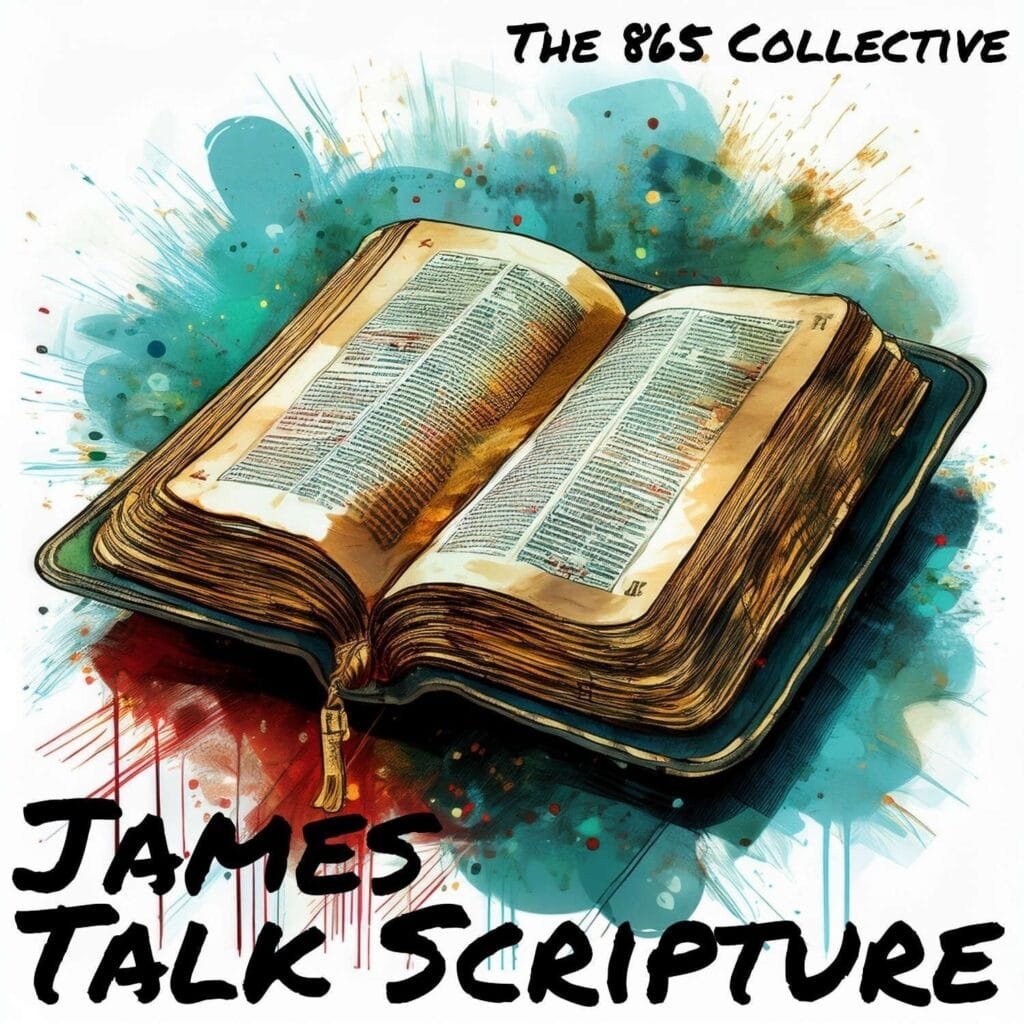Jesus told the story of a son who willfully wandered from the goodness and fellowship of his father. He was reckless, chasing after pleasure, only to find himself broken, empty, and alone. Can you feel the weight of that moment? The moment when everything crumbles, and you realize you’ve been chasing all the wrong things? The ache of separation? The hunger—not just of his stomach but of his soul?
In many ways, this parable mirrors James’ message. Our selfish ambition, jealousy, and worldly desires pull us away from God. We chase after things that promise satisfaction but leave us hollow. Like the prodigal son, we find ourselves distant from the Father, longing for home.
What did the prodigal do when he came to his senses? He recognized his mistakes. He humbled himself. He repented. He went home.
We, much like the prodigal, can worry about the response of our Father. Maybe you’ve wrestled with the same fears: Will God accept me back? Have I wandered too far? Have I done too much wrong? But James gives us an incredible truth—not just that God gives grace, but that He gives more grace. More than enough. His grace isn’t measured out in small doses. It’s poured out, overflowing, relentless in its pursuit of us. His grace is sufficient, extravagant, even scandalous in its abundance.
So how do we reconcile our relationship with Yahweh? How do we trade friendship with the world for intimacy with God? James lays it out for us. In humility, we return to Him. We submit to God. Not cowering in fear, but willingly placing ourselves back under the authority of a God who loves us. Submission isn’t weakness—it’s trust. It’s surrendering our fragile control and finding strength in His goodness. His Sovereignty. Submitting to the world is foolishness. But submitting to the King of the universe? Wisdom.
Next, James tells us to resist the devil. What does that look like? Sometimes, in the midst of temptation, it looks just like Jesus in the wilderness—actively rebuking through the power and the truth of Scripture. But often resisting the devil is not giving him opportunity. The enemy thrives when we’re passive, distracted, or isolated. But when we actively resist him—through prayer, pursuing truth, and a dependence that is solely on God—he flees.
Then, James urges us to draw near to God. And here’s the promise—when we draw near to Him, He draws near to us. God is not afar off. How do we know? In Luke 15, Jesus tells us through parables what is in His character—the character of God. He leaves the ninety-nine to find the one. He searches for the lost coin.
He watches and waits for His wandering child. Drawing near isn’t about earning our way back—it’s realigning our priorities and pursuits toward God. Changing direction. Turning our eyes. The moment we turn, we realize He’s already drawing near. He was already looking. Already searching. Already waiting. Already pursuing.
And what about our sin? James makes something clear—God doesn’t ask us to clean ourselves up before we come to Him. Pursuing holiness isn’t a prerequisite for grace. It’s a response to it. Cleansing our hands and purifying our hearts. We are powerless in ourselves to do this. We cannot do this alone, and that is the point. The Holy Spirit will empower us through the renewing of our heart and mind.
Our world softens sin, excuses it, glorifies it. But James reminds us—real repentance begins with grief. Grief over our sin. Not shallow regret, but a sorrow that breaks us, that makes us hate the sin that separates us from our Father. We must hate sin to resist sin. And yet, here’s the paradox—the closer we get to God, the more aware we become of our sin. The closer we are to His holiness, the more clearly we see our own brokenness. But at the very same time, the more deeply we experience His grace. The more loved we know we are. It’s humbling. It’s overwhelming.
So how do we heal a heart that so easily wanders? A mind that, once again, has been drawn away by the world?
James gives us the roadmap. We humble ourselves before God. We resist the devil. We draw near to God. We cleanse our hands and purify our hearts. We repent of our spiritual adultery. We grieve over our sin. We let humility mark our lives.
God resists the proud but draws near to the brokenhearted.
In Psalm 51, David, while grieving his sin, writes:
“The sacrifices of God are a broken spirit;
a broken and contrite heart, O God, you will not despise.”
But hear this—grief isn’t the end of the story. Grace is.
When we return, when we repent, our good Father runs to us. He lifts us up. He embraces us. He dusts off the world. He replaces the robe we discarded, replaces the ring we pawned, and puts shoes on our bare feet.
And then? He rejoices.
Humble yourself before the Lord, and He will lift you up.
Draw near to God, and He will draw near to you.
“But he gives more grace. Therefore it says, “God opposes the proud but gives grace to the humble.” Submit yourselves therefore to God. Resist the devil, and he will flee from you. Draw near to God, and he will draw near to you. Cleanse your hands, you sinners, and purify your hearts, you double-minded. Be wretched and mourn and weep. Let your laughter be turned to mourning and your joy to gloom. Humble yourselves before the Lord, and he will exalt you.” James 4:6-10
ESV Study Bible. (2010). Crossway Books.
From Talk Scripture: Drawing Near to God | James 4:6-10
https://podcasts.apple.com/us/podcast/drawing-near-to-god-james-4-6-10/id1786264764?i=1000695811058
This material may be protected by copyright.

